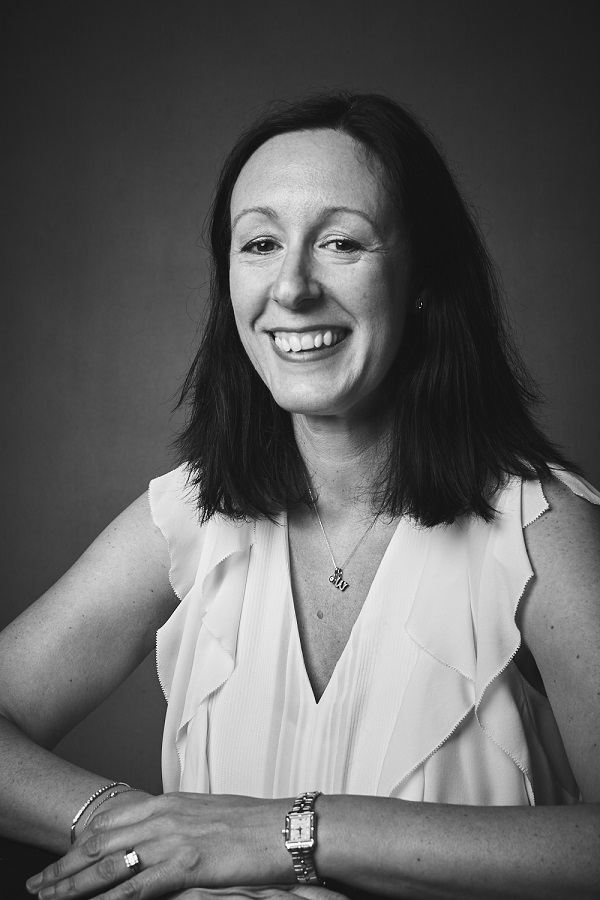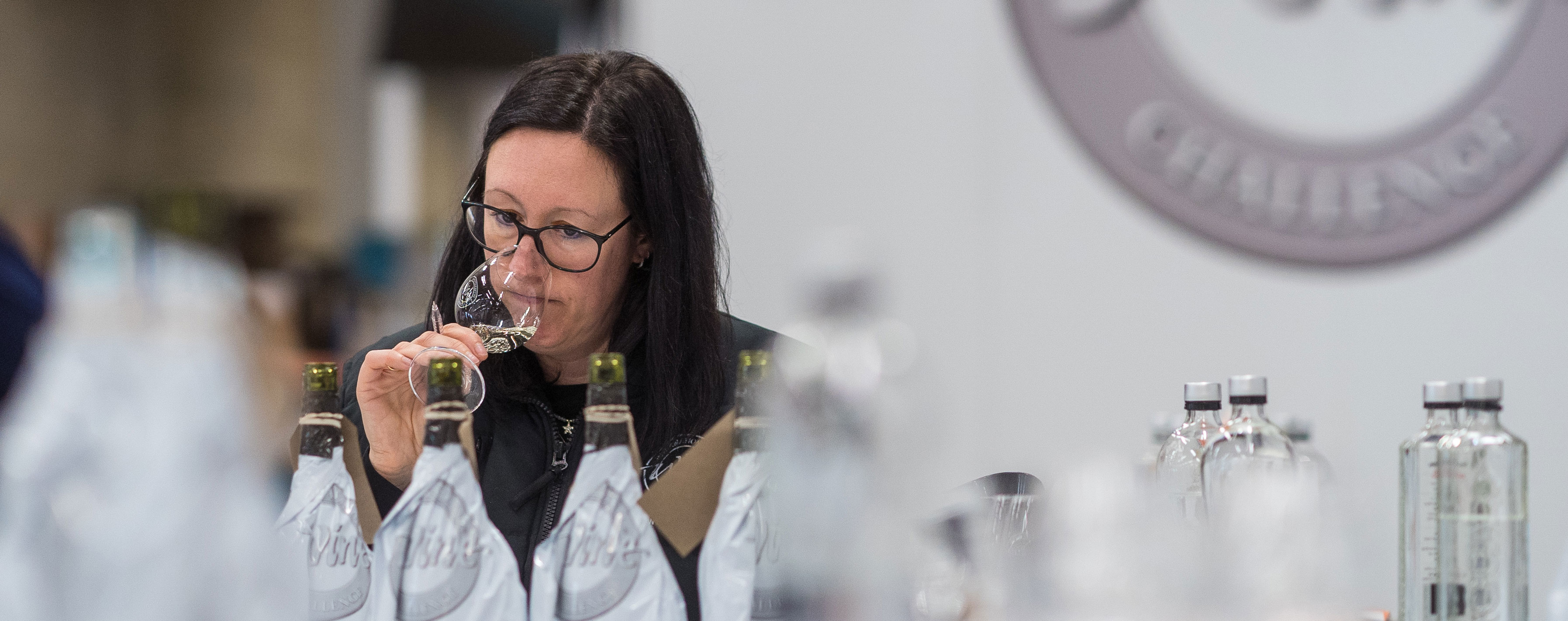
I’ve been in the wine trade for my entire working life but it was whilst working at Wine Magazine and tasting regularly with palates of the calibre of Charles Metcalfe (the co-founder of the competition along with Robert Joseph) and guest expert specialists and Masters of Wine that I decided to embark on the Master of Wine journey myself, enrolling later that year in the autumn of 2002.
I passed the exams first time but the dissertation took me a bit (a lot!) longer and I finally became a Master of Wine in 2011 and was also awarded the Madame Bollinger Medal for Outstanding Achievement in the practical examination (the tasting part).
Those tasting skills have been incredibly useful throughout my career and have certainly been put to very good use whilst judging at the IWC! As I become a co-chair, I also feel that the weight of my previous experience is useful and that having judged at all levels of the competition helps to understand the dynamics behind the teams and team-playing that revolve around awarding a wine a final score. The crucial role that we play as co-chairs is to re-taste the wines that have gone through those hardworking teams and to iron out any scoring inconsistencies; it’s inevitable that some tasters, for example, are more generous than others.
Therefore, uniquely, all wines in the competition are tasted at least twice. The panel chair and their team taste the wines first, allocate a score and then ALL wines come to the co-chairs. A co-chair looks at every single wine again and, if in synergy with the panel chair, the wine is awarded that medal or score. If the co-chair disagrees with the panel chair though, they then mark the score sheet and another co-chair looks at the wine for a third time to see if they agree with the panel chair or the co-chair. A final mark is then awarded which will have been signed off by two co-chairs if there was a slight difference in opinion with the original team.
This can happen for example when a wine is hovering around Bronze or Silver so has been awarded 89 points and needs a thorough check to see whether that wine deserves that extra point or not, or perhaps a wine was reduced and that blows off by the time it reaches the co-chair. Sometimes, too, there are simply differences in opinion within the teams and it is vital to have that safety net so the teams have the opportunity to mark a wine that had a ‘split panel’ and highlight a wine that needs careful consideration from the co-chairs.
'It is a real skill... to do justice to every single wine that is entered'

The IWC remains a great opportunity to taste a huge range of wines that are available in the market today. It’s a commercial competition and we receive a fantastic variety of wines from all around the world, made in different styles and from different grape varieties. It is a wine lover’s idea of heaven! Some wines are obviously better than others and it is the role of every single judge at the competition to analyse the quality of each individual wine. It is a blind wine tasting competition and so it is a real skill that takes time, training and experience to hone to do justice to every single wine that is entered.
As ever, balance is key so fruit, acidity, oak, tannins, weight, alcohol; everything should be seamless and integrated. The judges are told the country, vintage and cépage of the wine – and sometimes the region (as long as it doesn't assist in identifying the producer) – along with some technical analysis such as RS, but we are not told the price. This is, I think, a great way to avoid prejudice or bias. The wines speak for themselves in the glass and, for me and every other judge in the competition, we are not just looking for balance, but varietal expression too. Big wines, elegant wines, white wines, red wines, pink wines, sparkling wines, sweet wines, fortified wines… we taste the whole gamut of this wonderful world of wine of ours and it is a real privilege to be joining the IWC as a co-chair this year. Bring on the wines!
It's not too late to enter your wines
Entry closes on March 24 with a delivery deadline of March 26.The judging will take place in London in April and the results will be announced in May.
Click here for further details.











.png)









